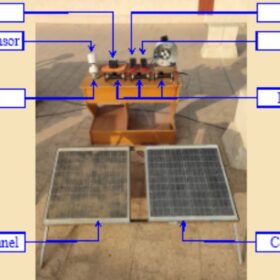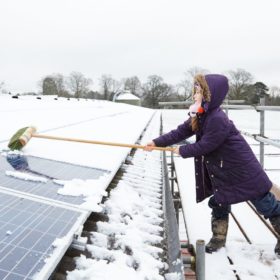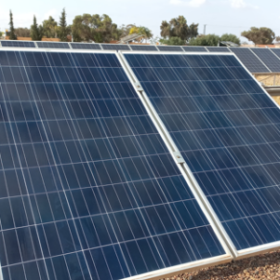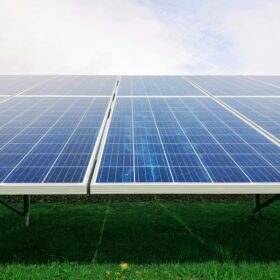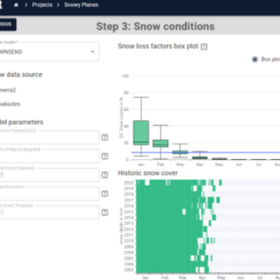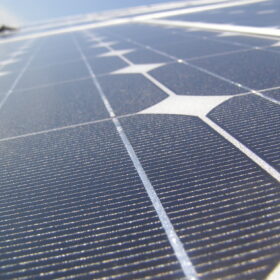Scientist develops machine-learning method to identify faulty solar panels
A scientist in Sweden has developed a new hybrid local features-based method using thermographs to identify faulty solar panels.
Researchers complete Europe’s first PV soiling loss assessment
A European research group has adapted a soiling model for use across the continent, analyzing scenarios with complete and partial rain cleaning to calculate energy losses and increases in the levelized cost of energy (LCOE), marking Europe’s first techno-economic PV soiling assessment.
Anti-soiling coating increases PV panel current in arid regions by 64.7%
Scientists in Egypt have created an anti-soiling coating for solar panels by mixing ethanol, deionized water, ammonium hydroxide and tetraethyl orthosilicate. They tested a coated panel outdoors for ten months and found that the panel showed a 64.7% higher current compared to reference modules without coating.
PV fault detection method based on deep learning of aerial images
Conceived an international research group, the proposed model uses the convolutional neural network (CNN) architecture U-Net for image segmentation and the the CNN architecture InceptionV3-Net for fault classification.
Deep learning tech detects snow coverage on PV systems, calculates energy loss
Conceived by researchers in Canada, the novel method combines image processing and deep learning techniques to locate the areas of the solar panels covered with snow. It reportedly performed better than three other popular image processing-based segmentation methods.
New research finds solar module anti-reflective coatings may reduce LCOE by over 2%
Researchers in Morocco have examined the effects of an anti-reflective coating on solar panel performance under desert conditions and have found that it enhanced both the annual performance ratio and the energy yield by 2% and 5.5%, respectively. They have also found it to be durable and able to withstand dry cleaning methods under accelerated testing.
New soiling detection method based on drones, AI, image processing
Developed by scientists in China, the proposed approach uses mathematical morphologies for image processing, such as image enhancement, sharpening, filtering, and closing operations. It also uses image histogram equalization and edge detection, among other methods, to find the soiled spot.
Recursive least squares algorithms to detect abnormal operation in PV systems
Scientists in Spain have implemented recursive least squares (RLS) algorithms for anomaly detection in PV systems and have found they can provide “more realistic and meaningful assessment” than traditional energy analysis.
PVRadar offers solar project risk assessments factoring in historical climate data
PVRadar Labs has expanded its software platform to include PV project risk assessment functionality, reportedly enabling more realistic performance estimates based on historical climate data.
Novel hydrophobic, antireflective coating for solar glass
Slovakian scientists have developed a novel hydrophobic, antireflective coating for solar glass with a silica-titania thin film as the bottom layer and an inorganic-organic upper layer made of silica modified with triethoxy(octyl)silane. This new coating increases glass transmittance by 7% compared to uncoated glass.


